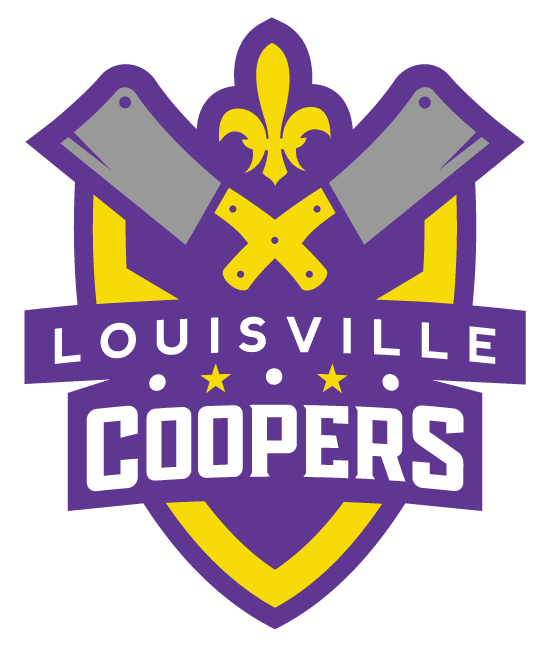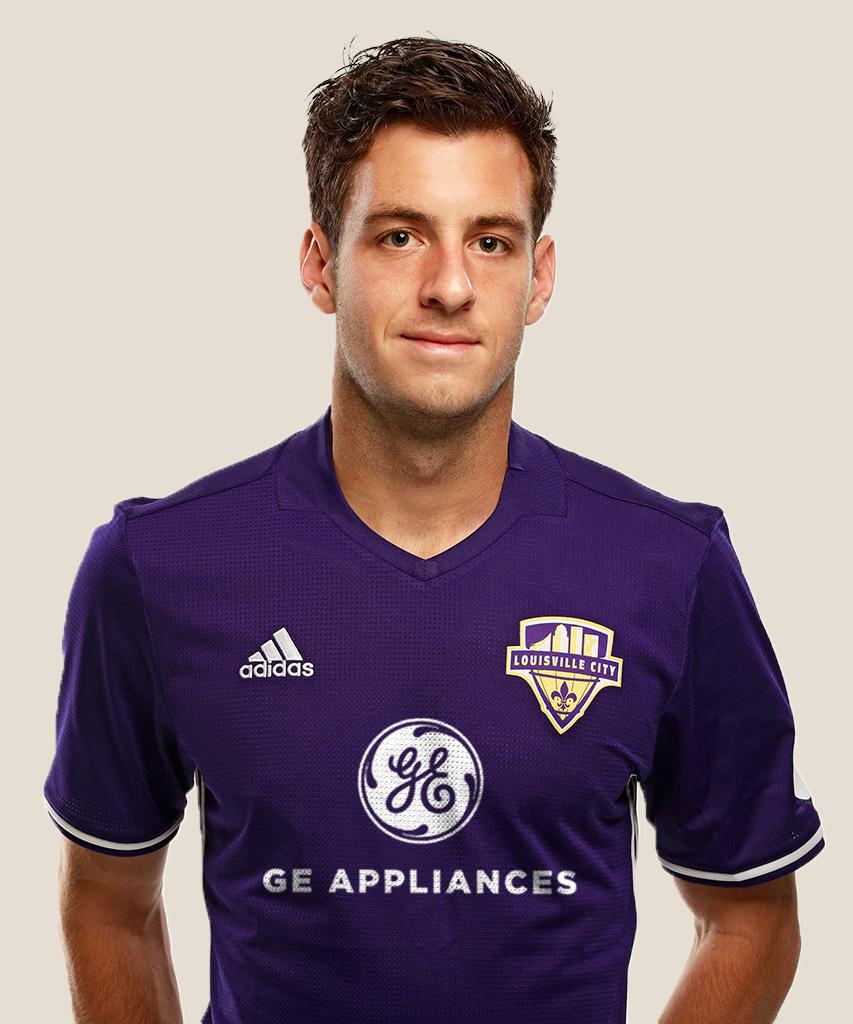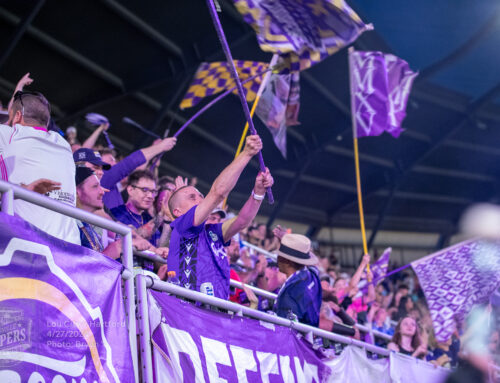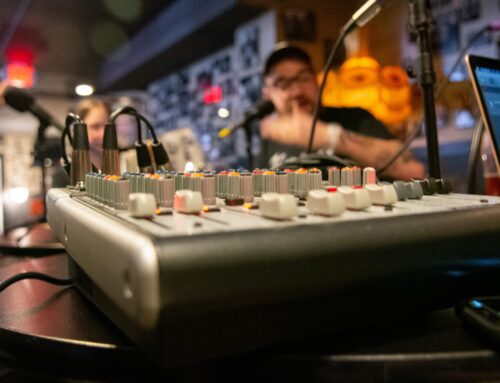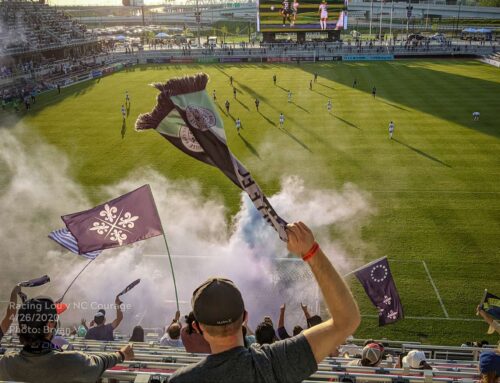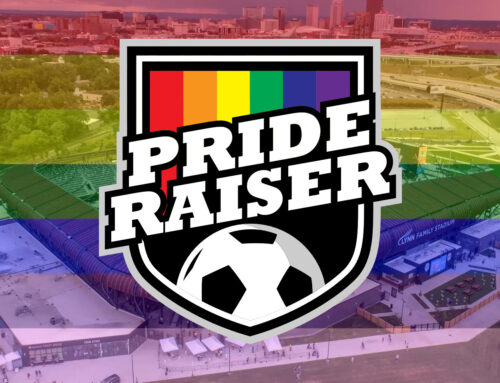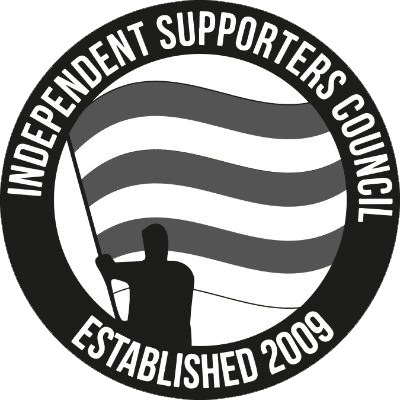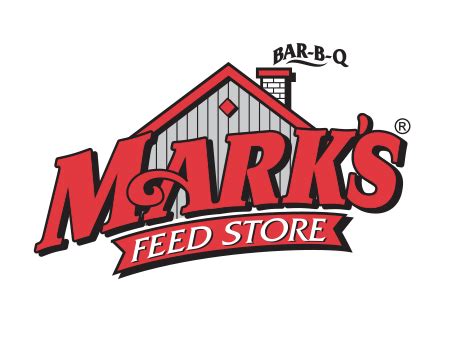Y’all, it’s Memorial Day weekend. I seriously forgot that’s what weekend this was until I was trying to set something up for Monday and someone told me. Never in my life have I just forgotten that a holiday weekend was coming before. I guess because just about every day feels the same in this time of COVID that important events, or at least formerly important events, can sneak up on you like that.
Memorial Day weekend usually means the Indy 500, the NCAA lacrosse championship, trips to the lake and cookouts and all that stuff. My family usually takes the weekend to make a trip up to visit friends in Chicago. For a lot of people, plans like that are shelved because of coronavirus. But that doesn’t mean we can’t find ways to celebrate the holiday, anyway. Like with today’s Purple Press!
Negotiations between USL and USLPA heat up
This story has dominated the USL news cycle for the past week. You’ll recall that a couple weeks ago, the league sent a proposal to players that included some severe cuts to compensation and a “get out of contract free” force majeure clause that clubs could have used if the season gets cancelled. As you can imagine, the players did not respond well to that.
In the background of this whole conversation it’s important to remember two things: First, there’s still a very real possibility that there won’t be a season at all. Second, there are really three parties involved in negotiations.
The only leagues in the world that are running right now are Belarus, Estonia, and Germany and Korea sans fans. No-fan games are a no-go for most USL clubs because it’s just a revenue drain. Germany can do it because playing the games means Bundesliga clubs get TV revenue. USL clubs mostly survive on game day revenue, which means playing matches in empty stadiums just costs them more money.
Here in the states, no pro sports leagues are playing at all. MLS is considering just having an all-hands-on-deck tournament of some kind in Orlando with all 26 of its teams. NWSL is probably going to do the same thing, but in Utah. That sort of thing is totally impractical for USL. For most USL Championship clubs, and probably all League One clubs, if there are no fans, there’s no point in playing games.
As to the second point, it’s easy to believe that this is a “players vs. owners” issue, but that’s not exactly the case. The USL and its leagues are separate entities from the club owners. USL is owned by a company called NuRock Holdings, LLC, and that’s who club owners pay their league entry fees and annual league dues to every year. It’s a pretty good business. NuRock doesn’t, as far as I know, make distributions back to clubs at all, but they have used the several millions of dollars in dues and fees to support their own TV production platform, which we can all agree has mightily improved since Louisville City started in the league in 2015. What else that money goes to, I don’t exactly know, but it’s fair to say the league is pretty healthy right now.
What’s a little odd about these negotiations is that the USL is the entity negotiating with the USLPA and not the club owners that actually pay the contracts. I suppose in theory that’s a good thing, because negotiating with 135 different clubs is probably a pain. However, recent reporting by Jeff Reuter, Nipun Chopra, and the folks at BGN reveals that some club owners are more than happy to take care of their players than others. Some club owners were taken by surprise when the league proposed the initial pay cut and force majeure exit clause to the players a few weeks ago.
That brings us up to this week. The players made a counterproposal to the USL that included a much less severe pay cut for the rest of the 2020 season, imposed an obligation that the USL give its owners a refund on annual dues in equal proportion to the pay cut, as well as a demand for a minimum salary in the Championship of $20,000. While that sounds like a pittance in today’s sports landscape, the truth is there are Championship clubs out there that only pay for lodging and a meal stipend, with further compensation earned in the form of bonuses. Louisville City, I’d point out, is definitely not one of those clubs.
We don’t know the details of the USL’s response to the PA’s counterproposal, but reports indicate that the salary floor and league refund were flatly rejected, which is disappointing.
CBA negotiations are difficult in the best of times, especially the first one. Players are trying to latch on to some semblance of financial security, even just temporarily. Meanwhile, club owners are giving up their near-total leverage in contracting with players and adjusting budgets to deal with increasing labor expenses. There’s no question that the players are the product, and their performance typically drives the revenue of any club. However, someone’s got to pay for all that, and if they can’t or won’t, then there’s no club at all. Add in now complications of possibly not even having a season, and the stressors on negotiations become exponentially worse.
In any event, what we know so far about these negotiations doesn’t cast the USL in a very good light. The level of play and polish on the Championship has steadily increased in the past five or six years, and the play on the field is a significant part of that. It’s important to take care of your people so they can do their jobs effectively. Here’s hoping the league does what’s right and sets the players on a course for success in the next five years and beyond.
